Leading Rwanda: Acting Decisively in a Time of Crisis
A crisis is an opportunity riding the dangerous wind.” (Chinese proverb)
“It’s an opportunity to do things you think you could not do before,” (Rahm Emanuel, former mayor of Chicago)
“Faced with crisis, the man of character falls back on himself. He imposes his own stamp of action, takes responsibility for it, makes it his own.” (Charles de Gaulle, former president of France)
This is the first in a special series on how leaders should react, adapt and chart a new course as the Coronavirus pandemic shuts down most of Rwanda and the world. It was first published on 18 March 2020 in the New Times newspaper of Kigali, Rwanda, where Jeremy has been living for the last year.
“In times of crisis, people look to leaders for answers. They want their leaders to lead with confidence. And they want to trust what those leaders say,” says Lauren Nkuranga, founder of GET IT and board president of the American Chamber of Commerce in Rwanda.
Leaders need to start with themselves. In a health crisis, they need to make sure they are literally in a fit state to lead.
The first priority is for leaders to maintain their physical health despite the almost inevitable increase in the volume and stress of their daily (and nightly) leadership duties. Despite the very long hours of work, they should still find time to pray, meditate or reflect; exercise vigorously; eat properly, and rest deeply.
Almost as importantly, leaders need to be seen to be role modeling and acting healthily and appropriately by doing such things as washing their hands a lot, avoiding handshakes, and keeping a safe distance from others.
Other important aspects of self-leadership in a crisis are emotional strength and psychological resilience.
Even though leaders may be deeply worried about the well being of their staff, their customers and their vendors (as well as their loved ones), they must always project a public air of calm, dignity, authority and – as President Kagame tweeted recently– focus.
And if leaders do ever need to vent or scream, they should only do so in a private place. “It’s always important to let your wildcats out in the alley way,” a psychotherapist told this columnist many years ago.
Once leaders are stable and centered in themselves, then they can make sure others are, too.
“As a leader it is important to communicate regularly and transparently about the crisis,” says Emile Kinuma, CEO at Ushauri Consulting.
Leaders must firstly make sure they receive accurate and up-to-date information. “If you’re unsure of what the source is, do research yourself before sharing any information you are not confident came from a place you yourself trust,” says Lauren.
Leaders should disseminate this accurate information when appropriate. “By being a leader, you have the privilege and duty to reduce anxiety by providing regular updates and to set expectations from the start,” says Emile.
“And leaders must communicate regularly even if there are no updates to provide. Social anxiety is the result of not knowing what is happening,” Emile adds.
Part of this communication should be the availability, openness and genuine empathy with others and their natural fears. “Each individual’s feelings are very real for them and we must remember to treat them as such as leaders,” says Sabrina Garba, founder of Women’s Impact Accelerator and Founder/CEO of Glass Ladder Group.
Crises such as the current one will also require two other traits that leaders should already be developing but they will need in abundance now.
The first is flexibility and agility. Inevitably, plans are going to change and Emile says: “we must be ready to change course in light of the evidence.”
And linked to this is the need for what Emile describes as: “bold and decisive action” and owning up to mistakes if and when they almost inevitably happen.
Sabrina goes one stage further: “You might have to make some really hard decisions. Be honest with yourself about the short- and long-term effects of those decisions and why you are making them.”
And so in summary, leaders in a time of crisis that we are facing here in Rwanda and around the world need to:
- Stay healthy
- Role model healthy behaviors
- Project calm, dignity, authority and focus
- Communicate openly and regularly
- Show genuine empathy
- Demonstrate flexibility and agility
- Make tough decisions
- Take tough action
Jeremy can be reached at [email protected].
